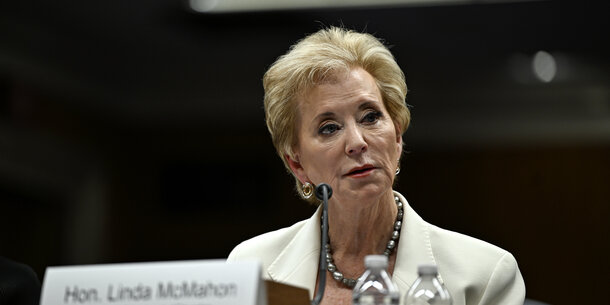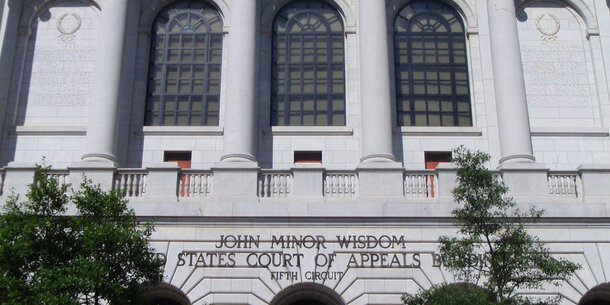For Immediate Release
June 6, 2025
President Trump signed a proclamation on Wednesday that would ban the citizens of 12 countries from entering the United States and partially restrict those from seven more (list below). The proclamation’s title states that the ban is meant to “Protect the United States from Foreign Terrorists and Other National Security and Public Safety Threats.”
Faiza Patel, senior director of the Liberty and National Security Program at the Brennan Center for Justice at NYU Law, had the following reaction:
“The U.S. government has the power to decide who can enter the country and who can stay here — but that power must be exercised fairly, case by case, in line with established legal procedures.
This is of a piece with President Trump’s misuse of the Alien Enemies Act to deport Venezuelans he branded without evidence as gang members and to shut down all asylum claims. Once again, he’s exploiting national security and public safety claims to justify mass exclusion — harming hundreds of thousands of individuals and families, most of them people of color.”
Background
The proclamation would ban citizens from the following countries from traveling to the U.S.: Afghanistan, Myanmar, Chad, Congo, Equatorial Guinea, Eritrea, Haiti, Iran, Libya, Somalia, Sudan and Yemen. It would partially restrict travel to the U.S. by citizens from 7 other countries: Burundi, Cuba, Laos, Sierra Leone, Togo, Turkmenistan, Venezuela.
In 2017, President Trump issued a travel ban on immigrants from predominantly Muslim and African countries. The ban was blocked by federal courts, but the Supreme Court reinstated a modified version. President Biden repealed that ban in January 2021.
Patel and other Brennan Center attorneys played a leading role in legal challenges to the first Trump administration’s travel ban.




